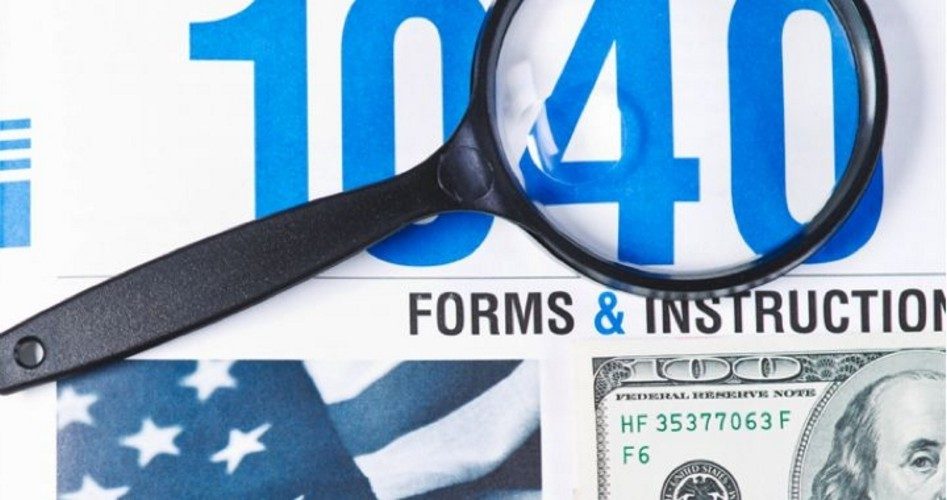
Seven years ago the Internal Revenue Service (IRS) audited one out of every 90 individual income tax returns. Last year it was one out of every 119. This year it is expected to be just one out of every 143. And for those who don’t include a Schedule C or other special (i.e., tax shelter, farm income) forms, the audit rate drops even further: one out of every 330.
Even high-income earners (over $1 million a year) can breathe easier, at least for the moment. In 2015, the agency audited nearly 10 out of every 100 of those returns while this year it’ll only be able to audit fewer than six. Business audits have also been declining. Four years ago the IRS audited nearly 10,000 businesses while last year that number dropped to just 6,453.
The decline is due to punishment through budget cuts by Congress for the agency’s egregious mismanagement and malpractice behaviors including Commissioner John Koskinen’s lying to Congress last year, which almost got him impeached, and the political profiling of Tea Party groups before that. The IRS now employs fewer than 80,000 people, down from 94,722 in 2010, with the enforcement staff seeing the most drastic declines: more than 30 percent since 2010.
The IRS has a history of overreach and mismanagement. In 2003, the 9th Circuit Court of Appeals found IRS lawyers Kenneth McWade and William Sims guilty of blackmailing taxpayers in order to obtain testimony against other taxpayers. They consequently were disbarred. In May 2015, the agency announced that its computer systems had been hacked and that, as a result, the private tax information of more than 100,000 citizens had been stolen. In August of that year, the IRS said that the breach was far larger than originally thought: 220,000 additional private files had been compromised. A few months later, in February 2016, the IRS admitted that the previous disclosures were in error: More than 700,000 Social Security numbers and other “sensitive” information had been stolen.
All of that appears to be ancient history with the new sheriff in town, President Donald Trump, and his deputy, Steven Mnuchin, heading up the Treasury Department. Mnuchin knows that for every 35 cents that it spends in collection efforts the IRS brings in $100. He knows that whistleblowers have brought in billions. He knows that the new program to revoke passports of those taxpayers owing more than $50,000 is likely to force them to pay up. He knows that for every $1 it spends on face-to-face audits with taxpayers the agency reaps $4 in return. He knows that for every dollar of new revenue it might receive from Congress it could generate between $4 and $6 dollars in revenue. He knows that Trump is a businessman very familiar with such numbers. Consequently Mnuchin thinks he can make a “return-on-investment” case that could result in a significant increase in the IRS’s current budget of $11 billion.
Despite the new deputy in charge of the Treasury, which runs the IRS, Trump will likely have a tough time getting Congress to approve any more than a modest increase in the agency’s budget. In the meantime taxpayers have a little more time to breathe a little easier.
An Ivy League graduate and former investment advisor, Bob is a regular contributor to The New American magazine and blogs frequently at LightFromTheRight.com, primarily on economics and politics. He can be reached at [email protected]



